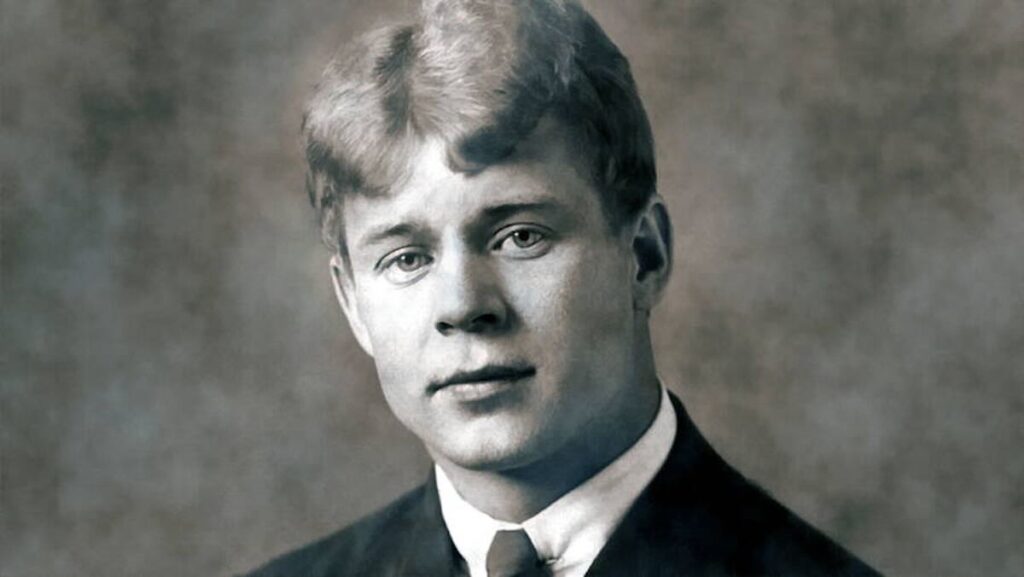Онлайн-школа » Блог
Блог


Что делать, если ребенок боится оставаться один дома
Часто бывает так, что родителям нужно ненадолго уехать. Но с кем оставить ребенка? Да и стоит ли искать няню, если ребенок уже достаточно большой, чтобы


Как справиться с детской истерикой в магазине
Многие дети устраивают истерики в магазинах и общественных местах. Кто-то просто плачет или громко кричит. А кто-то падает на пол в припадке истерики. Ребенок пытается


Ребенок троллит: причины и что с этим делать
Воспитание детей не всегда бывает легким. Каждый ребенок обязательно найдет, чем побесить своих родителей. Большинство детей с раннего возраста учатся манипулировать и провоцировать. А кто-то


Хэллоуин vs. русская нечисть: Баба Яга, домовой и прочие страшилки
Хэллоуин известен на весь мир как праздник страха. Сейчас это синоним веселых страшилок и костюмированных вечеринок. Но корни этого праздника уходят далеко в прошлое. Изначально


День благодарения в Канаде: сходство и отличия от США
День благодарения — традиционный праздник Канады и США. Но кого люди благодарят? И за что? И в чем разница между Днем благодарения в Америке и


Ремейки экранизаций русских народных сказок
Тема добра и зла — вечна. А что может лучше выразить это противостояние, чем русские народные сказки? Классическое противостояние с детства воспитывает в нас стремление


Как сделать домик из подушек и одеял: лайфхаки для уютных вечеров с детьми
Дети обожают домики из пледов и подушек! Да и взрослые не прочь иногда полежать с детьми в их «тайном логове». Помните, как уютно было создать


Креативные осенние поделки, которые можно сделать своими руками
Осень — самое время для творчества. Как же приятно сесть с детьми и мастерить поделки своими руками. Особенно, когда за окном ливни и слякоть. Осеннюю


Русские персонажи в фильмах ужасов
Кто из нас не любит хороший ужастик? Даже если вы не смотрите хорроры, то, наверняка, знаете самые известные из них. А вы замечали, как часто


150 лет со дня рождения Есенина. Интересные факты из жизни поэта
Наступила осень. А значит, пора достать с полки томик Есенина и погрузиться в чтение осенних произведений. Поэзия Сергея Есенина известна на весь мир. Он писал


Как выучить русский язык к Новому году
Эти 5 действий изменят русский язык вашего ребенка к Новому году, если вы начнете их выполнять в октябре. 1. Учите с ребенком новые слова каждый


Дзиро Оно: путь от нищеты до трех звезд Мишлен, благодаря дисциплине
Поделимся историей о том, как, благодаря постоянству и преданности делу, можно добиться невероятного успеха. В мире, где все гонятся за волшебной таблеткой и короткими путями,


Хэллоуин не за горами: идеи костюмов, которые можно сделать своими руками
31 октября взрослые и дети наряжаются в костюмы и празднуют самый жуткий праздник в году — Хэллоуин. Это возможность вернуться в детство, стать частью старинного


Регина Спектор: девочка из Москвы покорила Америку, не забыв родной язык
История Регины Спектор — это больше, чем путь музыканта. Это история о том, как корни становятся суперсилой. Переехав в Нью-Йорк ребенком, она могла бы забыть


Разбираем 10 непонятных слов из «Капитанской дочки» Пушкина
Не все юные читатели любят и понимают Пушкина. Виной тому часто бывают сложные и непонятные слова. Действительно, слог великого писателя иногда сложен для понимания. И


Почему избушка — на «курьих ножках». История дома Бабы Яги
Помните избушки на курьих ножках в славянских сказках? А вы задумывались, почему вообще избушка стоит на ножках? Да еще и на курьих? Яркий образ присутствует


Признаки стресса у подростка
Стресс у подростков может возникать по множеству причин. Детям в целом тяжело контролировать свои эмоции. А на фоне гормональной перестройки нервная система подростка начинает сходить


Трагедия Софьи Толстой — через что пришлось пройти супруге писателя
Многие знают, что великий писатель Лев Толстой был человеком суровых взглядов. Спутница жизни была лишь спутницей. В то время, когда он сам имел право на


Как стремление к «идеальному воспитанию» может повлиять на пищевые привычки детей
Воспитание ребенка — сложный процесс. Это знает каждый родитель. Нужно быть строгим, но справедливым. Нежным, но непоколебимым. Нужно уметь объяснить, а иногда и заставить. Все


Что нужно знать про загруженность ребенка (Overscheduling)
Что делать, если ребенок устал? Некоторые взрослые относятся к усталости детей несерьезно. Ну как ребенок может устать, если у него нет серьезных дел, и молодой


Многоразовые ланч-боксы vs. одноразовые пакеты: что выбрать для школьных ланчей
Многие родители дают своим детям в школу перекусы или даже полноценные обеды. Во-первых, это позволяет сэкономить. Во-вторых, так можно соблюсти все предпочтения ребенка или предписания

